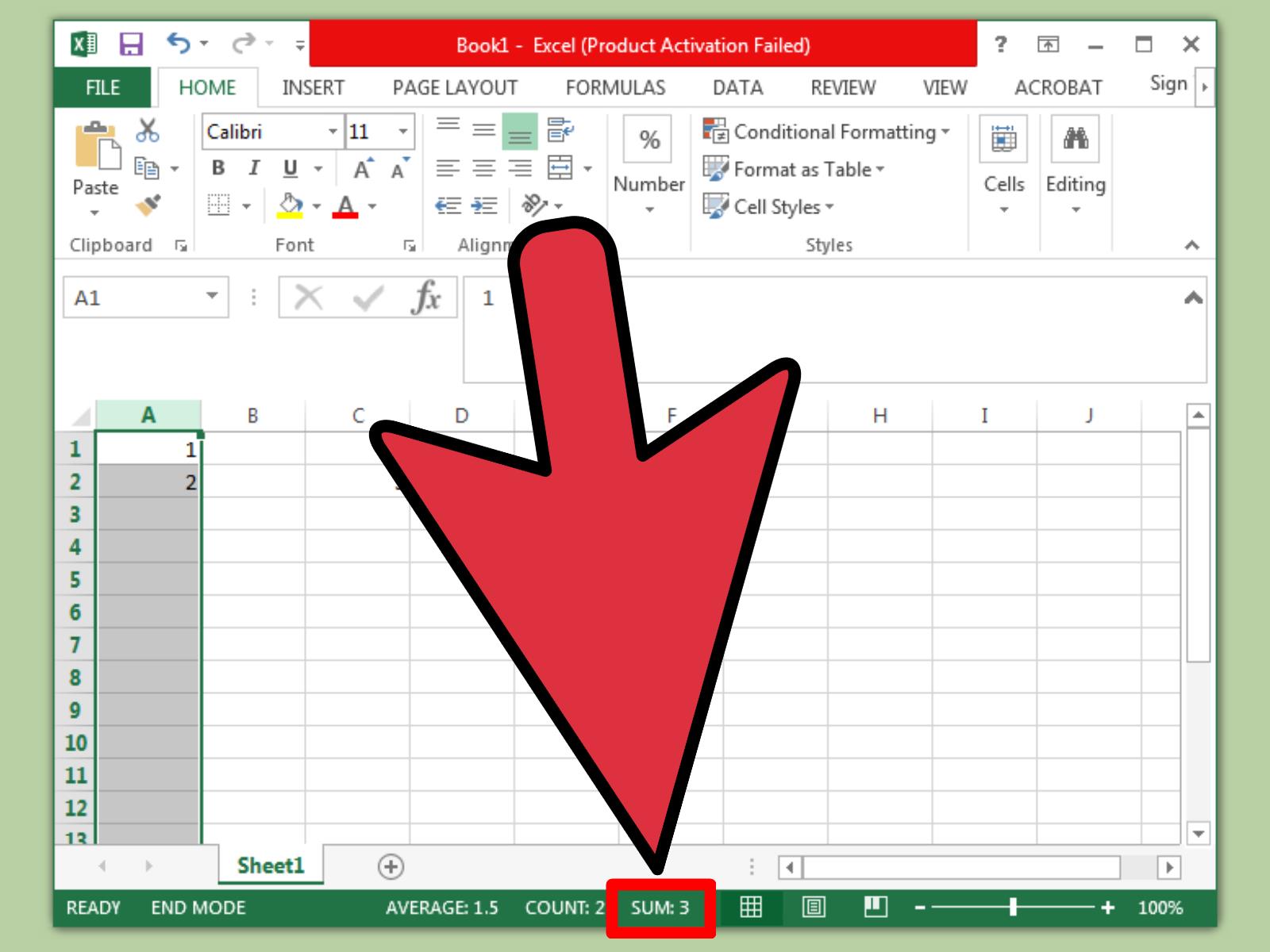How to Link Two Excel Sheets Easily

Excel is a powerful tool used by millions worldwide for data analysis, management, and reporting. Linking two sheets within an Excel workbook can streamline your data workflows, increase efficiency, and reduce the chance of errors. Whether you're managing business finances, tracking project statuses, or analyzing marketing data, linking sheets can significantly enhance your productivity. This comprehensive guide will walk you through various methods to link Excel sheets effectively, ensuring that your data remains consistent across multiple sheets with ease.
Understanding Sheet Linking in Excel

Sheet linking in Excel refers to the process of connecting data from one worksheet to another within the same workbook or even across different workbooks. This connection allows for dynamic updates; when data in the source sheet changes, the linked data updates automatically. Here's why linking sheets is beneficial:
- Consistency: Ensures all sheets have up-to-date information without manual updates.
- Efficiency: Reduces the need for repetitive data entry.
- Accuracy: Minimizes the risk of human error in data transfer.
Methods to Link Sheets in Excel

Method 1: Using Cell References

This is the most straightforward way to link sheets:
- Select the cell in the destination sheet where you want to link the data.
- Type = (equals sign) followed by the reference to the source cell. For example, if you want to link to cell A1 in Sheet2, you would type:
=Sheet2!A1 - Press Enter to complete the link. The data from the source will now appear in the destination cell, and any changes in the source will reflect here.
Method 2: Using the HYPERLINK Function

The HYPERLINK function not only links data but also provides a clickable link to navigate between sheets:
HYPERLINK(“#‘SheetName’!A1”, “Link Text”)
Here’s how to use it:
- Insert this formula into the destination cell:
- The first argument is the path to the cell you’re linking to, and the second is the display text for the hyperlink.
Method 3: Linking External Workbooks

To link data from an external workbook:
- Open both the source and destination workbooks.
- In the destination workbook, type = and navigate to the source workbook, sheet, and cell you want to reference. For example:
=‘[SourceWorkbook.xlsx]Sheet1’!A1 - Press Enter. Excel will create a link to the external source.
Method 4: Named Ranges

Create named ranges in Excel for easier reference:
- In the source sheet, select the data you wish to name.
- Go to Formulas > Define Name, and name your range.
- In the destination sheet, you can link using the named range:
=SourceRange
| Method | Use Case | Advantages |
|---|---|---|
| Cell References | Simple data linking | Easy to implement; updates dynamically |
| HYPERLINK Function | Navigation between sheets | User-friendly navigation |
| Linking External Workbooks | When data resides in different workbooks | Can consolidate data from multiple sources |
| Named Ranges | Reusing specific data sets | Reduces errors in referencing; improves readability |

🔍 Note: When linking to external workbooks, make sure they are accessible. If not, you'll encounter broken links.
Troubleshooting Common Issues

Breaking Links

Links can break due to:
- File not found errors when the external workbook is missing.
- Cell references changed in the source workbook.
- Reconnect or update links in Data > Edit Links or change references manually.
Update Issues

Sometimes, linked data doesn’t update. Here are possible solutions:
- Check if the workbook containing the link is open; Excel doesn’t update links if the source file isn’t open.
- Use Calculate Now (F9) or set automatic calculations.
- Change link settings to update links on open.
🔥 Note: Always save your workbook before making extensive linking changes, as this can affect file integrity.
Linking sheets in Excel provides a robust mechanism for managing and analyzing data across various worksheets or workbooks. By following the methods outlined above, you can ensure data integrity, enhance your reporting capabilities, and streamline your workflow. Whether you're dealing with internal company reports or complex data analysis, linking sheets saves time, reduces errors, and maintains accuracy across your data sets. Regularly check your links, understand how to troubleshoot common issues, and consider the implications of linking external data. Embrace these techniques to master Excel and make your data management tasks more manageable and efficient.
How can I link to a specific cell within another sheet?

+
Select the destination cell, type ‘=’ followed by the sheet name, an exclamation point, and the cell reference (e.g., =Sheet2!A1).
What happens if I delete or rename the source sheet?

+
If you delete or rename a source sheet, links to it will break, showing ‘#REF!’ error in the linked cells. Update or reconnect the links manually.
Can I link data across multiple workbooks?

+
Yes, you can link data from different workbooks by ensuring both workbooks are open and following the external linking process outlined above.